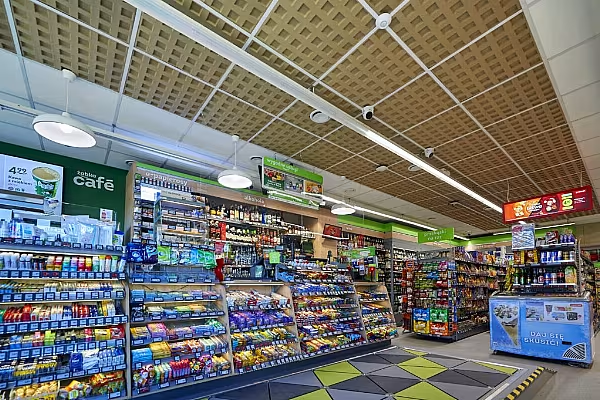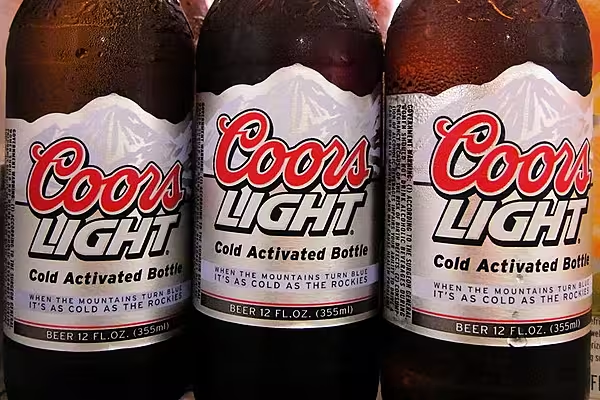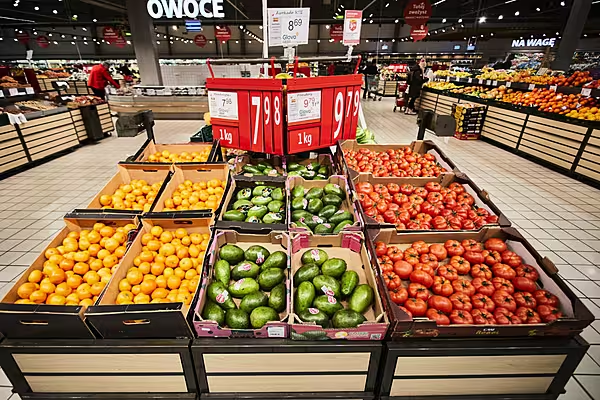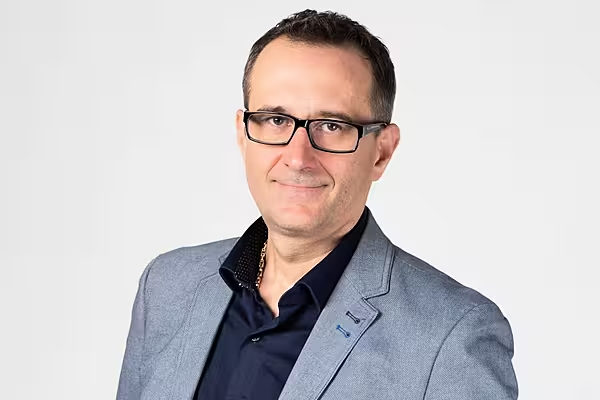In the most recent edition of ESM, as part of our Sustainability 2022 feature, we spoke to a number of top executives working across the global retail and consumer goods landscape about how they are seeking to set a high bar when it comes to sustainability.
Rafał Rudzki, ESG Director, Żabka Polska
Overcoming the crisis caused by the coronavirus can be treated as an opportunity to rebuild economies with a goal to 'do it better', for instance by using the opportunities provided by the sustainable development agenda as well as embedding to greater extent responsible management practices in the daily operations of businesses.
Companies that proactively incorporate sustainable development concepts into their business strategy and core operations do benefit from it in many ways i.e.- their supply chains are more resilient to negative externalities, business practices are more effective, interactions with stakeholders are more complete and based on dialogue and trust, and ultimately it allows to generate shared value.
The pandemic has shown that, both as individuals and as a community, we are capable of taking radical action if we only feel that we are facing imminent danger. We were able to observe the manifestations of new, more sustainable ways of working and consuming.
All indications are that the future long-term success of enterprises will be possible only for those organisations that embed principles of sustainable development and responsible business practices in their strategies and operations.
Modernity And Convenience
Sustainability is becoming a more and more important purchase factor when choosing products, but only if it is combined with modernity and convenience of using those products. Currently, being environmentally responsible is perceived as culturally aspirational and customers are willing to behave responsibly as long as it does not compromise their convenience.
Sustainability already is a key purchase factor in especially in the segment of premium or lifestyle products. At the moment, premium brands can easily differentiate their offer and bring added value based on sustainable approach but in the future it will be much harder as the cost will be higher and the sustainable approach will be state regulated as standard.
In order to develop a positive approach to more sustainable choices, mainstream organisations need to dedicate more effort to ecological education and engagement of customers for change. Żabka has been doing that for quite a long time now. Every day, 2.5 million customers visit more than 7,500 Żabka stores across Poland. That gives us so many opportunities to provide them with more conscious choices, and offer more responsible products and services.
This is also done by means of modern digital devices, such as a dedicated application used by our customers called żappka. They are granted points for example for returning plastic bottles and cans to EKOmat devices. This promotes positive behaviour – which in the end become habits.
Thinking Responsibly
At Żabka, responsibility is a part of our DNA and one of four our values, which led us to develop and implement our new Responsibility Strategy. Through this, we aim to promote a sustainable lifestyle, making it easier for customers to improve their everyday habits for the benefit of themselves and the planet.
We want to make sustainable choices simple and convenient. We adopt a strategic approach to activities related to social and environmental responsibility, by integrating environmental, social and governance related factors (ESG) with the business strategy. We also strive to enhance our human, intellectual and social capital, creating financial and non-financial value for all our stakeholders.
The majority of customers are declarative about environmental protection, but if it requires additional effort, expense or compromise, they will not necessarily want to undertake it.
Some people, the more affluent ones, will of course easily spend a larger budget on products with the so-called clean label, i.e. without preservatives. However, a certain group of people will not choose these products for financial reasons.
Therefore, it is a business' responsibility to introduce solutions that the customer can almost automatically benefit from; including better, more eco-friendly or healthy options. Also, when introducing products that are healthy or have no preservatives, we make sure that they are produced and designed in such a way that they are affordable.
Read More: Żabka Opens 100% Green Energy Store In Warsaw
© 2021 European Supermarket Magazine. Article by Stephen Wynne-Jones. For more Retail news, click here. Click subscribe to sign up to ESM: European Supermarket Magazine.














